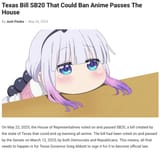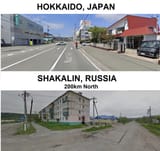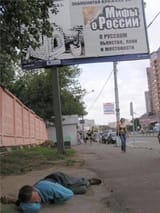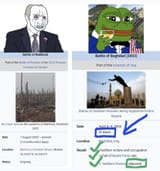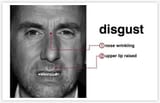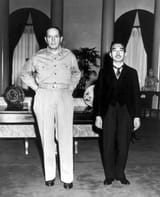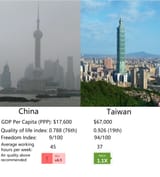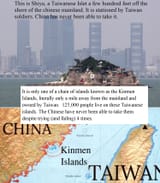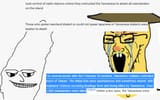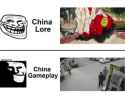>>712418057
The Vietnam War was a complex conflict with many factors at play. For the U.S. and France, one of the biggest reasons for losing was underestimating the strength and resolve of the Vietnamese people, who had a deep sense of nationalism and fought for their independence. France lost in the 1950s due to the Vietnamese resistance during the First Indochina War, and the U.S. struggled in the 1960s and 70s because of several key reasons:
Guerrilla warfare: The Viet Cong and North Vietnamese used effective guerrilla tactics, which made it hard for conventional armies like the U.S. and France to gain the upper hand.
Lack of local support: The U.S. and France struggled to win the "hearts and minds" of the Vietnamese people. Many viewed the war as an external occupation rather than a fight for freedom, which led to less support from locals.
Public opposition: As the war dragged on, particularly in the U.S., public opinion turned against the war. The growing anti-war movement and media coverage of the conflict, including events like the My Lai Massacre, fueled protests and discontent back home.
Geopolitical complications: The war was also part of the broader Cold War, with both the U.S. and USSR backing opposing sides, which complicated diplomacy and strategies.
It was a long, costly conflict for both sides, and the combination of these factors led to eventual U.S. withdrawal and a victory for North Vietnam.

